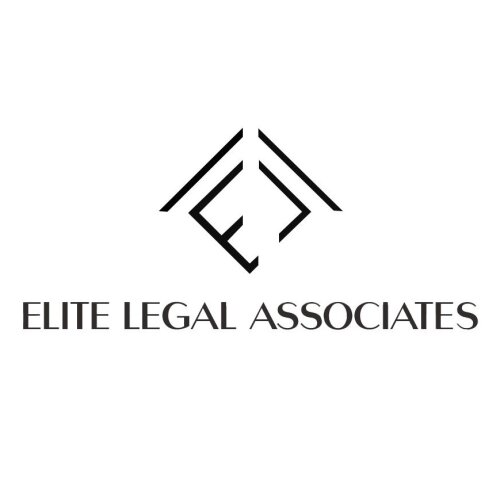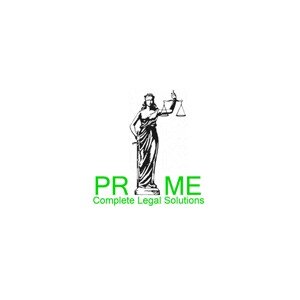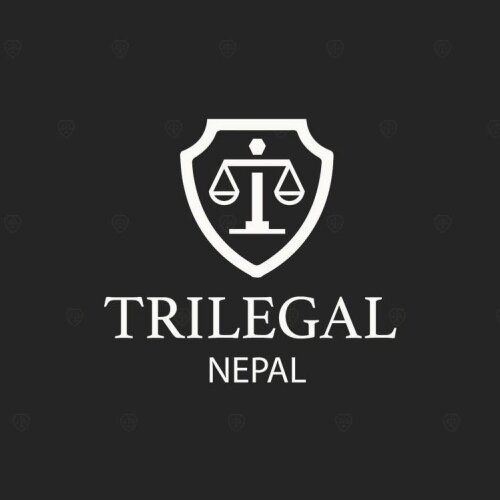Best Wrongful Termination Lawyers in Kathmandu
Share your needs with us, get contacted by law firms.
Free. Takes 2 min.
List of the best lawyers in Kathmandu, Nepal
About Wrongful Termination Law in Kathmandu, Nepal
In Nepal, as in Kathmandu, the Labor Act, 2074 (2017 AD) provides a set of regulations and rules securing labor rights and addressing issues such as wrongful termination. Wrongful termination occurs when an employee is dismissed from their workplace for unjust, illegal, or discriminatory reasons, violating their rights and labor laws. This includes termination based on caste, religion, sex, marital status, health condition, involvement in trade unions, or for raising concerns about their workplace.
Why You May Need a Lawyer
There might be situations where you need legal help. For instance, if you believe you've been terminated without sufficient cause or adequate notice, discriminated against for personal attributes, or fired for union involvement. Also, if severance pay and employment benefits have not been given lawfully, a lawyer specializing in labor laws can help. They can guide you through the intricate legal processes, representing your case and working towards a favorable outcome.
Local Laws Overview
According to the Labor Act, 2074 in Nepal, an employer must give a proper reason and prior notice before firing someone. The Act provides job security to the workers and it is illegal for an employer to fire an employee based on discriminatory reasons. Workers are also entitled to severance pay, repatriation funds, and other benefits if they are terminated. Non-compliance with these laws can lead to the employer being liable for wrongful termination.
Frequently Asked Questions
1. What can be considered as a Wrongful Termination?
Any termination that violates the Labor Act, 2074 or based on discrimination like caste, gender, religion, disability, or involvement in trade unions can be considered wrongful termination.
2. What can I do if I've been wrongfully terminated?
You can file a case against your employer in the Labor Court under the guidance of a professional labor lawyer.
3. Do I get a severance pay for being wrongfully terminated?
Yes, under Nepal's labor laws, you are entitled to receive severance pay and other employment benefits, which your employer should provide within 30 days of termination.
4. Is it necessary to hire a lawyer for a wrongful termination case?
While it's not mandatory, it's highly advised as it can increase the chances of winning the case. A labour lawyer would be well-versed in the laws and can help guide you through the process.
5. Can I get my job back after being wrongfully terminated?
Yes, the court can order your employer to reinstate you, especially if it is found that your termination was wrongful and unjust.
Additional Resources
The Department of Labour and Occupational Safety is a government body where you can report your employer for wrongful termination. The General Federation of Nepalese Trade Unions (GEFONT) is an organization that fights for the rights of workers and can provide support and assistance. Also, legal firms specializing in labor law can be very helpful resources.
Next Steps
If you believe you've been wrongfully terminated, seek legal advice immediately. Contact a lawyer who specializes in labor laws and discuss your case with them. Collect all the necessary documents like employment contracts, employee handbooks, termination notices etc. and keep a record of any relevant interactions. Understand your rights and remember, you are not alone in this struggle.
Lawzana helps you find the best lawyers and law firms in Kathmandu through a curated and pre-screened list of qualified legal professionals. Our platform offers rankings and detailed profiles of attorneys and law firms, allowing you to compare based on practice areas, including Wrongful Termination, experience, and client feedback.
Each profile includes a description of the firm's areas of practice, client reviews, team members and partners, year of establishment, spoken languages, office locations, contact information, social media presence, and any published articles or resources. Most firms on our platform speak English and are experienced in both local and international legal matters.
Get a quote from top-rated law firms in Kathmandu, Nepal — quickly, securely, and without unnecessary hassle.
Disclaimer:
The information provided on this page is for general informational purposes only and does not constitute legal advice. While we strive to ensure the accuracy and relevance of the content, legal information may change over time, and interpretations of the law can vary. You should always consult with a qualified legal professional for advice specific to your situation.
We disclaim all liability for actions taken or not taken based on the content of this page. If you believe any information is incorrect or outdated, please contact us, and we will review and update it where appropriate.

















